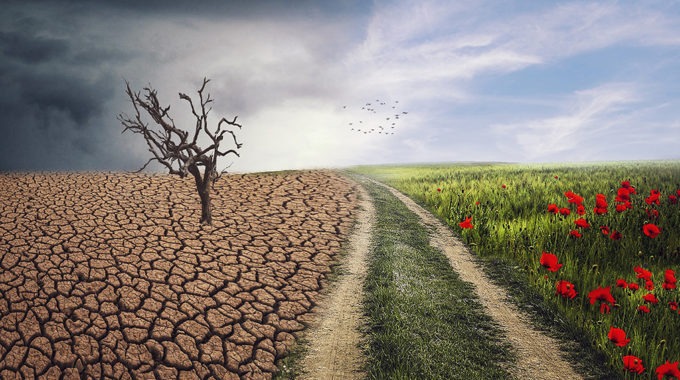Earth Day updates: action for the planet
While the world continues to grapple with a seemingly neverending COVID-19 pandemic, there’s an even greater threat to our survival: climate change. Longer, more intense droughts, raging bushfires and devastating floods are endangering lives and livelihoods; while extreme weather patterns, rising temperatures and the increased risk of insects and plant diseases caused by global warming are putting our global food supply in jeopardy. Today is Earth Day, a day that brings the genuine threat of climate change into sharp focus. While we continue to wait for governments to take real action, experts persist in their calls for solutions. And some food producers are stepping up to take matters into their own hands. Here’s a brief look at what’s been going on in recent weeks.
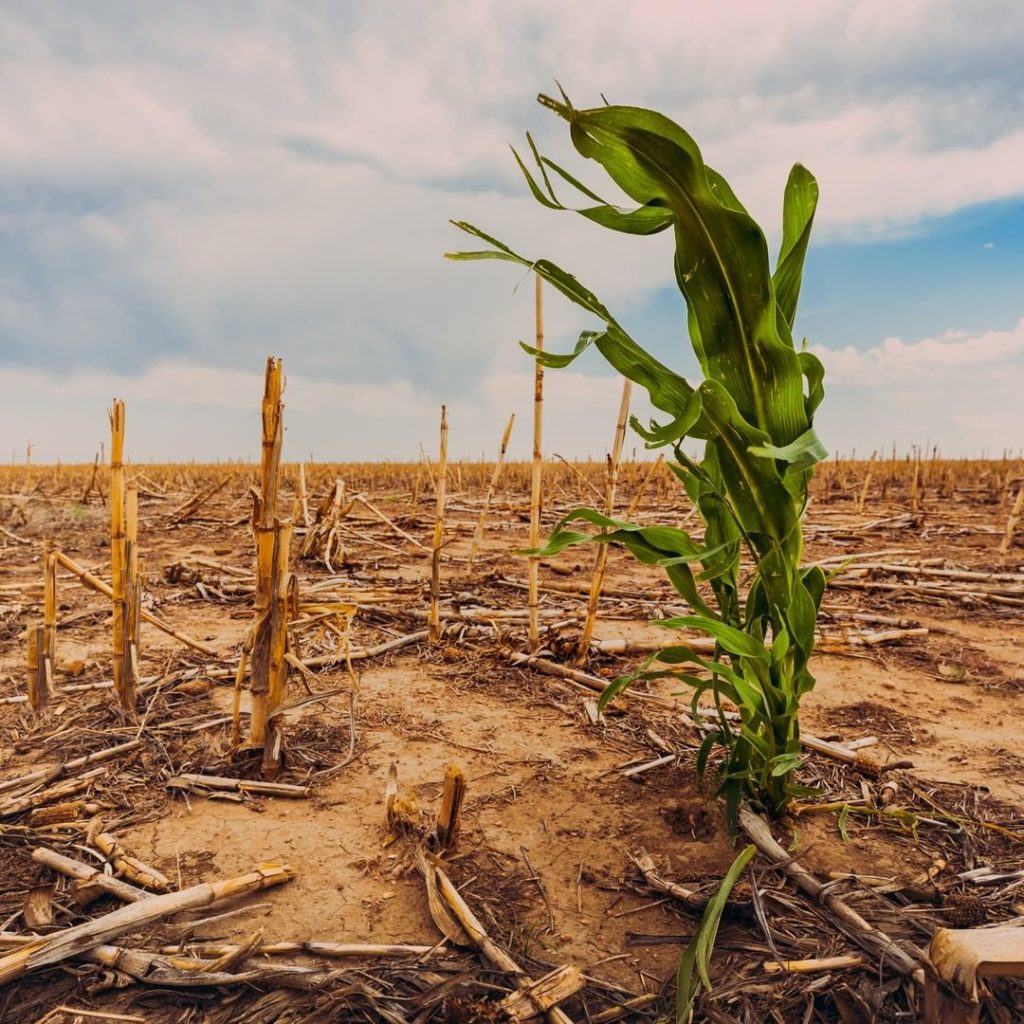
Urgent action needed to secure global food supply
Just days before Earth Day, Curtin University-led research was released that shows climate change will have a substantial impact on global food production and health if no action is taken by consumers, food industries, government and international bodies.
Lead researcher, Emeritus Professor Colin Binns from the Curtin School of Population Health, says climate change has had a detrimental impact on health and food production for the past 50 years. Far more needs to be done to overcome its adverse effects.
“The combination of climate change and the quality of nutrition is the major public health challenge of this decade,” he says. “And, indeed, this century.
“For the time being, it will be possible to produce enough food to maintain adequate intakes using improved farming practices and technology and more equity in distribution. But we estimate that by 2050, world food production will need to increase by 50 percent to overcome present shortages and meet the needs of the growing population.”
Professor Binns says that, while climate change will have a significant effect on food supply, political commitment and substantial investment could go some way to reduce the effects and help provide the food we need.
“Changes will need to be made to food production,” he says. “Monitoring nutrient content and promoting more equitable distribution will be necessary to meet dietary guidelines.”
For consumers, the review recommends choosing foods that have a low environmental impact. Think fish, whole grain cereals, fruits, veg, legumes, nuts, berries and olive oil.
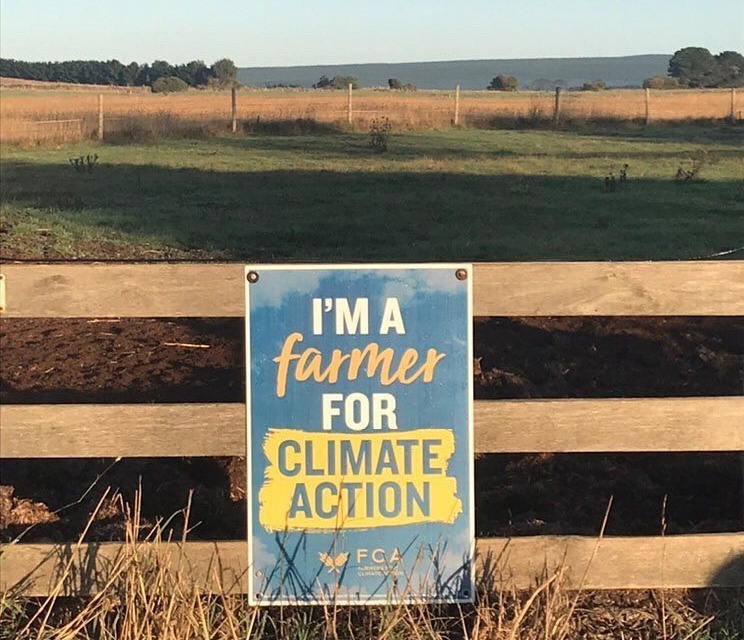
We want cuts to emissions now, farmers tell PM
Farmers are calling on Prime Minister Scott Morrison to deliver a credible net-zero emissions target that includes making “deep and rapid” cuts to Australia’s emissions this decade and a pathway for net-zero emissions by 2050 – at the latest.
The calls come following the PM’s earlier suggestions at a Business Council of Australia dinner party that regional Australians don’t care about climate change. The group labels this statement to be “untrue and unhelpful”.
“I’m no latte sipper,” says Crookwell farmer and Farmers for Climate Action Chair Charlie Prell. “But as a farmer, I want to see the federal government show leadership on climate change. Farmers are on the frontline of climate change impacts and solutions. On the one hand, we’re grappling with fires, droughts and floods; on the other, our regions are in the box seat to benefit from jobs and investment that will come with clean energy transition.”
Farmers for Climate Action Acting CEO Fiona Davis says that while the rest of the world is stepping up, Australia is dragging its heels. This puts us at risk of missing out on decades of a climate-related economic boom.
“Agriculture is reliant on trading,” she says. “Prime Minister Morrison’s stance on climate change is a threat to our industry. We know trillions of dollars will be spent over the coming decades as the world transitions to a cleaner future. Australia risks being stuck in an eddy, isolated politically and economically from the rest of the world.”
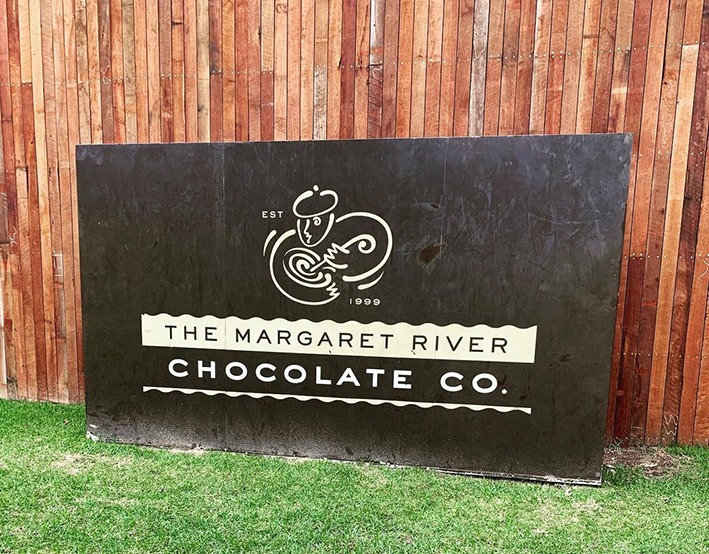
Margaret River Chocolate Company’s sustainable new look
The Margaret River Chocolate Company has unveiled a plan to go carbon neutral in four years, while also revealing a new look at its flagship factory. The award-winning chocolate factory, situated in the heart of the Margaret River wine region, has updated its 22-year-old building with native hardwood timber of the area. Rough-sawn Western Australian jarrah doubles its thermal resistance and insulating properties.
The company’s thermally efficient natural exoskeleton is just one of many energy-efficient innovations it proposes to make its entire operations carbon neutral by 2025. The company’s second factory in the Swan Valley already features a 100kW solar power installation on its roof. It also introduced two solar-powered biomass water treatment plants that filter, purify and cleanse all company wastewater in the Swan Valley.

Fizz biz: SodaStream steps up
SodaStream has launched its 2021 Earth Day campaign, “Don’t Just Share, Care”. It features Randi Zuckerberg, the sister of Facebook’s Mark Zuckerberg. The brand is calling on people to not only virtually care on social media but also act in real life. The company has also published its own commitment to the environment.
SodaStream reusable bottles offer an alternative to single-use plastic bottles. The sparkling water brand forecasts the avoidance of nearly 78 billion bottles by 2025. Compared to its goal last year, this is an 11 billion bottle increase. The business will also switch its flavour bottles to metal by the end of this year. This will avoid another 200 million plastic bottles. It’s also developing sparkling water-makers from recycled or plant-based materials.
SodaStream plans to meet 10 percent of its global plant’s total energy requirements with solar energy by 2022. It’s a five-fold increase from two percent in 2020. The company is also partnering with PangeaSeed Foundation, an ocean conservation non-profit, with a donation towards the foundation’s environmental education and awareness efforts.
In one final act of green, SodaStream has announced the closing of its offices on Earth Day. Instead, they’re asking employees to join clean-up activities around the globe.
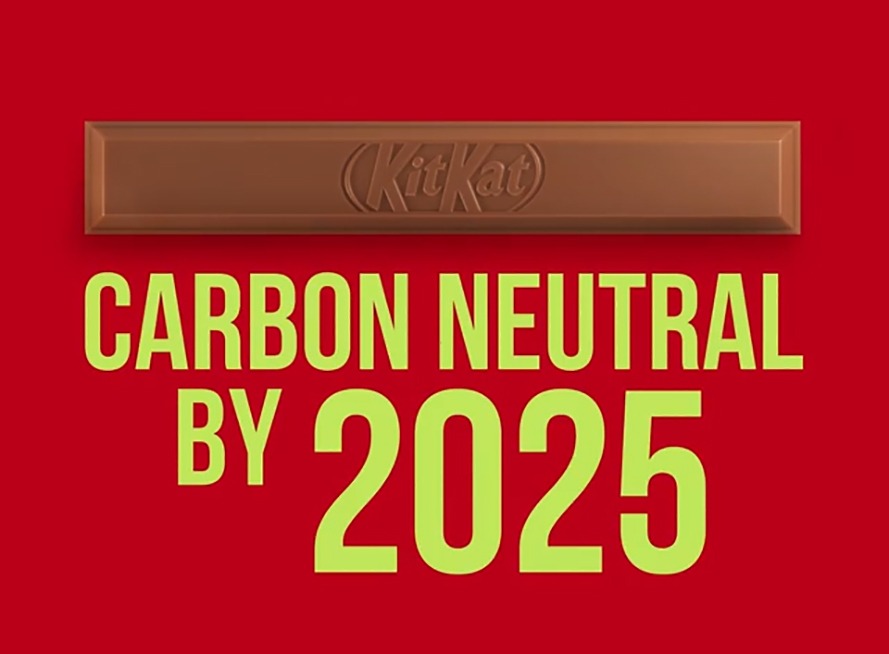
KitKat to be carbon neutral by 2025
To mark Earth Day, Nestlé’s KitKat has pledged to become carbon neutral by 2025. KitKat globally is aiming to reduce emissions generated through ingredient sourcing, manufacturing and distribution by more than 50 percent.
Most emissions occur when producing KitKat’s ingredients like cocoa and milk. The brand’s efforts to restore forests and support a transition to regenerative agriculture will aim to reduce these emissions as much as possible. For any emissions that can’t be eliminated, KitKat will invest in high-quality offsetting that’s based on natural climate solutions. It’s also currently working with global climate change and sustainability consultancy The Carbon Trust to measure its current carbon footprint.
Nestlé is using renewable electricity at an increasing number of manufacturing sites. It will use 100 percent renewable electricity at all KitKat factories before the end of 2025. In Australia, the KitKat factory in Melbourne is now working towards 100 percent renewable electricity. It’s also continuing initiatives to reduce its impact, such as reducing waste.
For more on Earth Day, head to the official Earth Day website.


